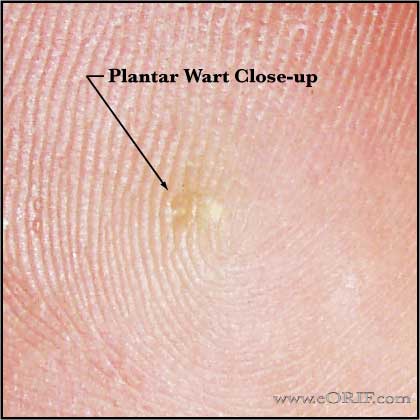|
synonyms:Plantar Wart, Verruca plantaris Plantar Warts ICD-10
Plantar Warts Etiology / Epidemiology / Natural History
Plantar Warts Clinical Evaluation
Plantar Warts Xray / Diagnositc Tests
Plantar Warts Classification / Treatment
Plantar Warts Associated Injuries / Differential Diagnosis
Plantar Warts Review References
|


